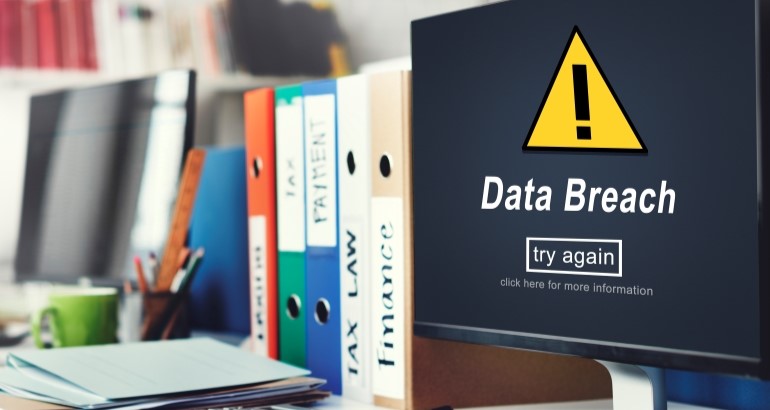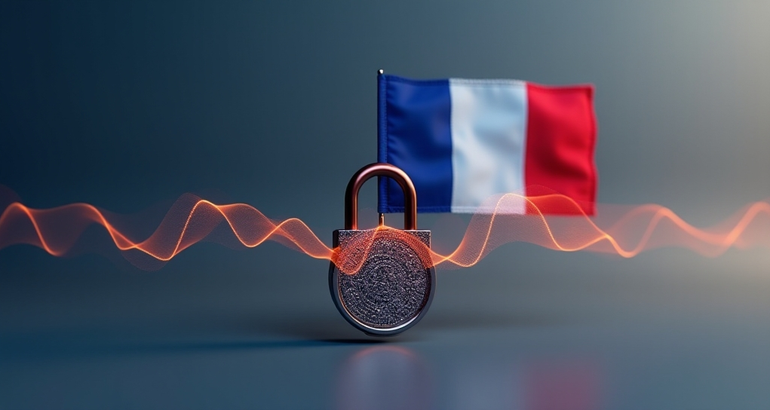Data Breach: What it is? How to prevent it?

- Online threats





Contents
What types of data are breached?
What is a data breach?
A data breach is a security incident that involves unauthorized access, exposure, or theft of sensitive, confidential, or private data. Data breaches can affect individuals, businesses, organizations, or governments. Data breaches can have serious consequences, such as identity theft, fraud, financial loss, reputational damage, legal liability, or regulatory penalties.
Data breach vs data leak
A data breach and a data leak are two different terms that are often confused or used interchangeably. However, they have distinct meanings and implications.
A data breach is when an unauthorized party accesses, copies, or modifies sensitive, confidential or private data without permission. A data breach is usually intentional and malicious, and it can result from hacking, phishing, malware, or insider threats. A data breach can expose personal information, financial records, trade secrets, intellectual property, or health records.
A data leak is when sensitive, confidential or private data is unintentionally or accidentally exposed to an unauthorized party. A data leak can result from human error, system failure, misconfiguration, or negligence. A data leak can reveal personal information, financial records, trade secrets, intellectual property, or health records.
How does a data breach occur?
① Hacking
This is when cybercriminals use malicious software or techniques to break into a system or network and steal data. Hacking can be done remotely or physically, such as by using a USB drive or a stolen device.
② Phishing
This is when cybercriminals send fake emails or messages that look like they come from legitimate sources, such as banks, government agencies, or online services. The goal is to trick the recipients into clicking on a link, opening an attachment, or providing personal information that can be used to access their accounts or data.
③ Malware
This is when cybercriminals install harmful software on a device or system that can monitor, record, or transmit data without the user's knowledge or consent. Malware can be spread through phishing, downloading files from untrusted sources, or visiting malicious websites.
④ Insider threat
This is when someone who has legitimate access to a system or network abuses their privileges and leaks or steals data. This can be done by employees, contractors, partners, or customers who have malicious intentions, are disgruntled, or are bribed by outsiders.
⑤ Human error
This is when someone unintentionally exposes data due to negligence, ignorance, or mistake. For example, sending an email to the wrong recipient, losing a device that contains data, forgetting to log out of an account, or disposing of data without proper encryption or shredding.
⑥ Natural disaster
This is when a fire, flood, earthquake, or other natural event damages or destroys a physical location that stores data. This can result in data loss or exposure if the data is not backed up properly or if the backup location is also affected.
What types of data are breached?
① Personal data
This includes any information that can identify a person, such as name, address, phone number, email, date of birth, social security number, etc. Personal data can be used for identity theft, fraud, phishing, spamming or blackmailing.
② Financial data
This includes any information that relates to a person's or an organization's finances, such as bank account details, credit card numbers, passwords, PINs, transaction records, etc. Financial data can be used for stealing money, making unauthorized purchases, accessing other accounts or damaging credit scores.
③ Health data
This includes any information that relates to a person's or an organization's health status, history or records, such as medical conditions, prescriptions, test results, diagnoses, treatments, etc. Health data can be used for blackmailing, discrimination, extortion or selling to third parties.
④ Business data
This includes any information that relates to an organization's operations, strategies, plans, secrets or assets, such as trade secrets, intellectual property, customer data, employee data, contracts, etc. Business data can be used for espionage, sabotage, competition or ransom.
How to prevent data breaches?
① Use encryption technology
Encryption is the process of transforming data into a code that only authorized parties can access. Encryption can protect your data from being stolen or tampered with, even if it falls into the wrong hands. You can encrypt your data on your devices, such as laptops, smartphones, or USB drives, as well as on cloud services or online platforms.
② Limit access rights
Access rights are the permissions that determine who can access, modify, or delete your data. You should limit access rights to only those who need them for their work or tasks, and revoke them when they are no longer needed. You should also monitor and audit the access activities of your employees or partners, and report any suspicious or unauthorized actions.
③ Back up data regularly
Backing up data is the process of creating copies of your data and storing them in a separate location. Backing up data can help you recover your data in case of a data breach, as well as other disasters such as hardware failure, malware infection, or natural calamities. You should back up your data regularly and test the backups to ensure they are working properly.
④ Use MetroVPN
VPN represents a virtual private network, which is a service that creates a secure encrypted connection between your device and servers on the internet. MetroVPN can protect your data from being intercepted or exposed by hackers, ISPs, governments, or other third parties, especially when using public Wi Fi or untrusted networks. MetroVPN can also help you access geographically restricted content, bypass censorship, and enhance your online privacy and anonymity.






